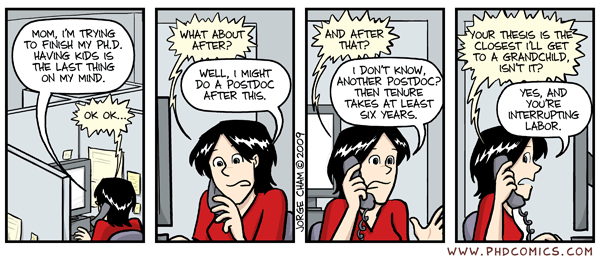
I was home to Canada this past July and realized that my mother, father, sister, and best-friend had no idea what I was researching (don’t worry guys I have a hard time figuring it out myself). For all our sake – here is my attempt at clarifying what my work is all about.
Important research framing to keep in mind while reading…
Before we get started it is important to note that my research focuses on Northern International Non-Governmental Development Organizations (NGOs) seeking long term poverty alleviation goals.
Also note that my research primarily brings a moral philosophy lens to analysis. I intentionally distinguish between the terms ‘morals’ and ‘ethics’ in my research. Morals are established notions of what is right (or good), whereas ethics is the practical application of established morals. Without ethics, morals can lack meaning in practice and analysis.
Now onto my research…
NGOs main source of legitimacy is morally derived. Their perceived moral nature has fostered the development of public trust, as well as facilitated an ability to speak with authority, to secure a committed workforce, and attract diverse donors. Because NGOs’ legitimacy is primarily morally derived, their existence and practice is most logically supported by, and judged according to, what we would call, moral norms.
Historically, the mere assumption of an NGO as a moral actor was enough to secure legitimacy for operating in the space of international development. However, claiming moral legitimacy is no longer enough – claims must be evidenced. This presents threats to NGOs’ legitimacy as there is an increasing body of empirical literature, as well as a prominent discourse of critique, raising concerns around whether or not NGOs live up to their moral norms in practice. These moral norms include normative understandings of good practice widely accepted across the sector, as well as NGOs stated values (e.g. see WaterAid, ActionAid, and Oxfam values). In order to strengthen and defend claims to legitimacy, NGOs must now be able to demonstrate that they apply these moral norms in practice.
And here presents the problem – NGO moral norms are currently not well understood. This is not surprising given limited engagement between fields of philosophy and development studies (particularly from an applied ethics and NGO perspective). Denis Goulet (pioneer of the emerging field of study Development Ethics) recognizes that “ethicists were late arrivals on the stage of development studies” (p. 5). And, as a result, I uphold that the NGO sector currently has well established morals, but is lacking the much needed ethics for bringing them into practice and under analysis.
This is what my research is all about – attempting to develop an understanding of what moral norms mean in the context of NGO development practice. I am essentially looking at how moral norms are used by the NGO at an institutional level (both internally and externally), and how NGO staff understand and apply moral norms in their day to day practice.
As already laid out, my research clearly holds significance for NGOs’ legitimacy – until we have a thorough understanding of NGOs’ morality in action, legitimacy will remain threatened. Because NGOs’ legitimacy is specifically moral in nature, my research also holds significance for NGOs’ applied ethics – understanding moral norms in practice is a crucial first step towards strengthening applied ethics.
Not surprisingly, emerging literature demonstrates applied ethics to be essential for seeing moral norms fulfil their intended purpose. Therefore, moving beyond operating at a level of abstract morality to applied ethics is also in the interest of aid effectiveness. Not only this, applied ethics has repeatedly demonstrated an ability to promote ethical practice throughout sectors by improving problem solving within moral dilemmas, balancing asymmetrical relationships, and mitigating risks of decision making. AND, applied ethics might be particularly welcomed by NGOs for use in pushing back against donor requests that clearly undermine their ability to uphold moral norms in practice. Sadly I see mega-donors as a mega threat to NGOs’ moral legitimacy, and I want NGOs to have tools to protect their autonomy.
Michael Edwards recently wrote that “the moral energy and clarity of purpose that marked NGOs early years has largely disappeared”. NGOs really need to get back to, and start understanding, their moral roots – not least to strengthen and protect their legitimacy, improve aid effectiveness, promote ethical practice, and gain leverage in negotiations with mega-donors – but to maintain relevance in the sector. Increasingly having to compete with “other” actors in development, NGOs will need to start articulating what makes them different. Ultimately, what distinguishes NGOs from other actors in development comes back to morality. Hopefully my research can play some small part in equipping NGOs with the knowledge and tools needed to stay the course of their moral cause.
Robyn Waite (August 30, 2016)